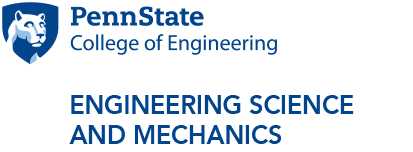Increased oil and natural gas production, methane emissions and climate
Abstract: Hydrocarbon products derived from horizontal drilling and hydraulic fracturing of shale formations (shale gas and shale oil) have greatly expanded US oil and natural gas production and have made the US the world’s largest natural gas and petroleum producer. Collectively, these resources have transformed North America’s energy landscape. However, the environmental impacts associated with ‘‘fracking’’ for shale gas and oil have made the process controversial. This presentation will focus on one of the environmental issues associated with shale gas and oil production: the emissions of methane, a potent greenhouse gas. Data from recent field studies will be summarized and measurements made using top-down methods (aircraft, satellites) will be compared with bottom-up measurements (direct measurements of emissions at their source). The data will be used to assess the net climate impacts of more widespread use of natural gas. Opportunities for using new sensing technologies, combined with advanced analytics, to reduce methane emissions will also be described.
Bio: Dr. David Allen is the Gertz Regents Professor of Chemical Engineering, and the Director of the Center for Energy and Environmental Resources, at the University of Texas at Austin. Dr. Allen has been a lead investigator for multiple air quality measurement studies, including studies that made some of the first measurements of methane emissions from unconventional oil and gas production. He directs the Air Quality Research Program for the State of Texas, and he is the founding Editor-in-Chief of the American Chemical Society’s journal ACS Sustainable Chemistry & Engineering. He has served on a variety of governmental advisory panels and from 2012 to 2015 chaired the U.S. Environmental Protection Agency’s Science Advisory Board. In 2017, he was elected to the US National Academy of Engineering. Dr. Allen received his B.S. degree in Chemical Engineering, with distinction, from Cornell University in 1979. His M.S. and Ph.D. degrees in Chemical Engineering were awarded by the California Institute of Technology in 1981 and 1983. He has held visiting faculty appointments at the California Institute of Technology, the University of California, Santa Barbara, and the U.S. Department of Energy.
Additional Information:
For Zoom information and password, please contact Lisa Spicer at lms8@psu.edu
Media Contact: Lisa Spicer



